In a small town, a seemingly ordinary priest had been hiding a dark secret for years. Mailin Gobbo, a survivor of his abuse, had been fighting for justice, but the system seemed to be working against her. It was this story that caught the attention of Argentinian filmmaker María Silvia Esteve, who felt compelled to help Mailin tell her tale. The result is "Mailin," a powerful documentary that sheds light on the complexities of the Catholic Church's handling of sexual abuse cases.
María Silvia Esteve's journey began almost a decade ago when she stumbled upon a television program featuring Mailin's story. The documentary filmmaker was immediately drawn to Mailin's courage and determination, and the two eventually met for coffee. Their meeting marked the beginning of a beautiful friendship and a collaborative effort to bring Mailin's story to the world.
Mailin's story is a heart-wrenching account of the abuse she suffered at the hands of a Catholic priest in her small town. The priest, who had been a trusted figure in the community, used his position of power to exploit and manipulate Mailin and many other young girls. When Mailin finally found the courage to speak out, she was met with resistance and silence from the Church.
The Church's handling of the case is a stark example of the "structure protecting him," as Esteve puts it. The priest was able to hide in plain sight, using his position to cover up his crimes. Mailin's story is not an isolated incident, but rather a symptom of a larger problem within the Catholic Church. The Church's culture of silence and cover-up has allowed predators to thrive, leaving countless victims in their wake.
Esteve's documentary, "Mailin," is a powerful exposé of the Church's handling of sexual abuse cases. Through Mailin's story, the film sheds light on the complexities of the issue and the ways in which the Church's structure enables predators to operate. The film is a testament to Mailin's courage and resilience, and a call to action for the Church to take responsibility for its actions.
In an exclusive interview, Esteve reflected on the making of the documentary. "Mailin's story is a wake-up call for the Church and for society as a whole," she said. "We need to create a culture of transparency and accountability, where victims feel safe to speak out and where perpetrators are held accountable for their actions."
The documentary has been met with critical acclaim, including a spot in the IDFA competition. Esteve's work is a testament to the power of storytelling and the importance of shedding light on important social issues. As Mailin's story continues to resonate with audiences around the world, it serves as a reminder of the need for accountability and justice.
The implications of the Church's handling of sexual abuse cases go far beyond the individual victims. They have a profound impact on the fabric of society, perpetuating a culture of silence and shame. Esteve's documentary is a call to action, urging the Church and society to take responsibility for creating a culture of transparency and accountability.
As the documentary continues to make waves, it is clear that Mailin's story is far from over. The Church's handling of the case is still a topic of debate, and the fight for justice continues. Esteve's work is a powerful reminder of the importance of telling these stories and creating a culture of accountability.
In the end, "Mailin" is more than just a documentary – it's a testament to the human spirit and a call to action for a better future. As Esteve puts it, "Mailin's story is a reminder that we all have a responsibility to create a world where victims feel safe to speak out and where perpetrators are held accountable for their actions."
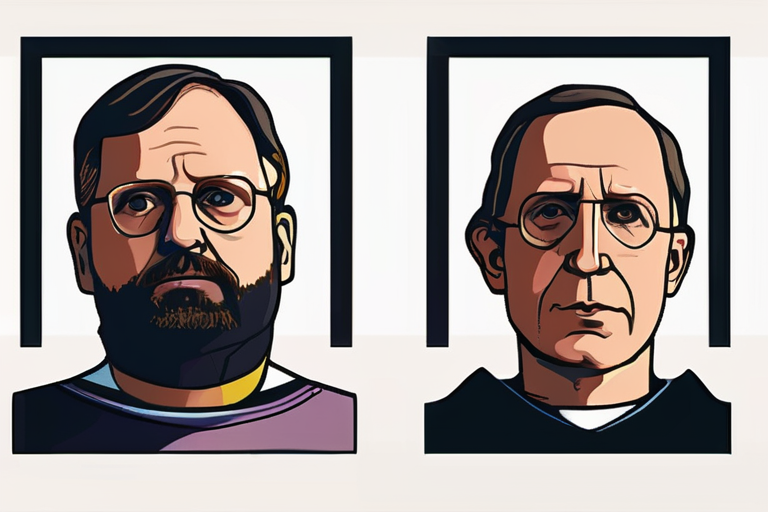


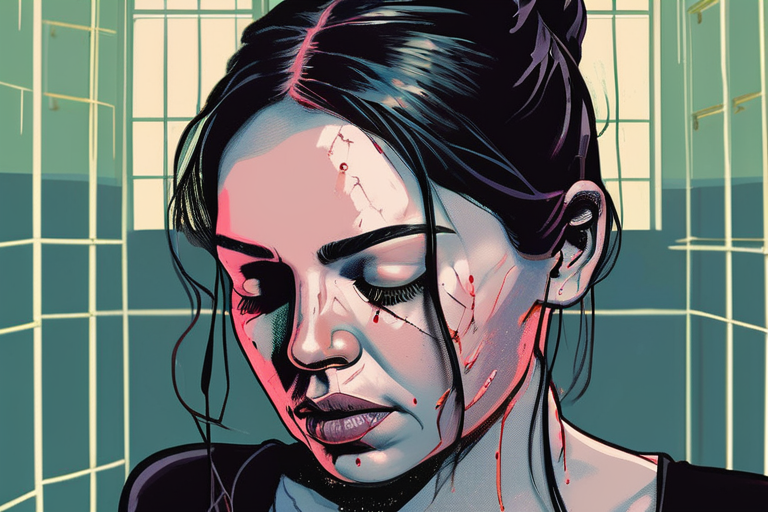
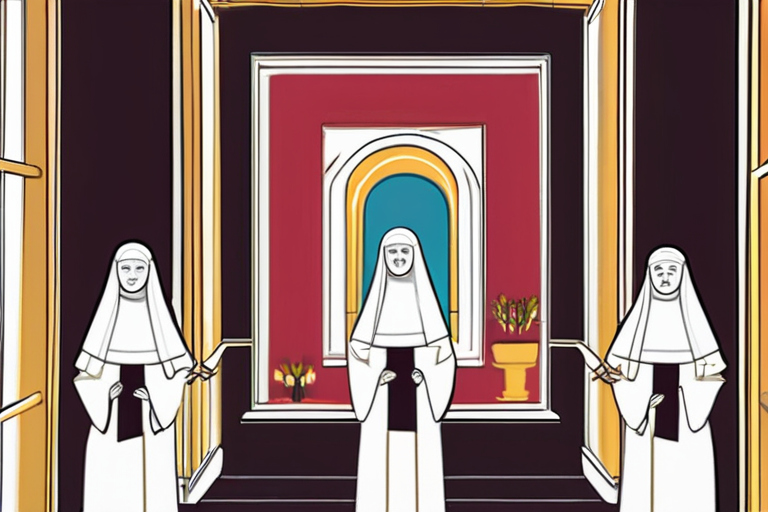
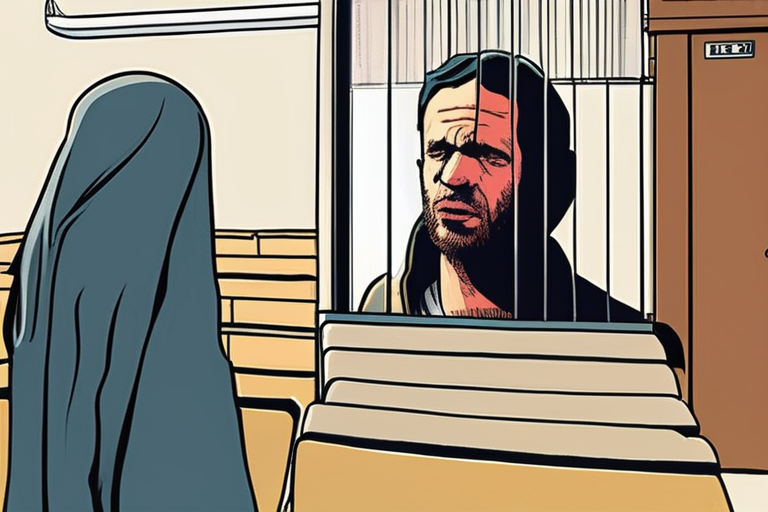

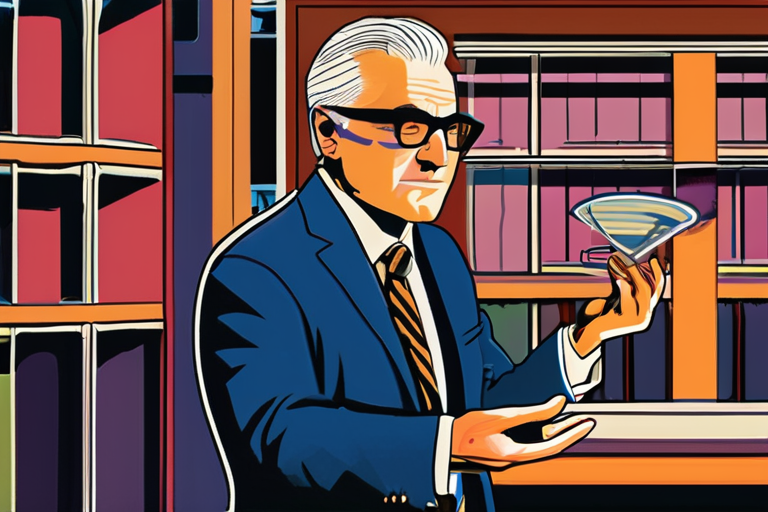
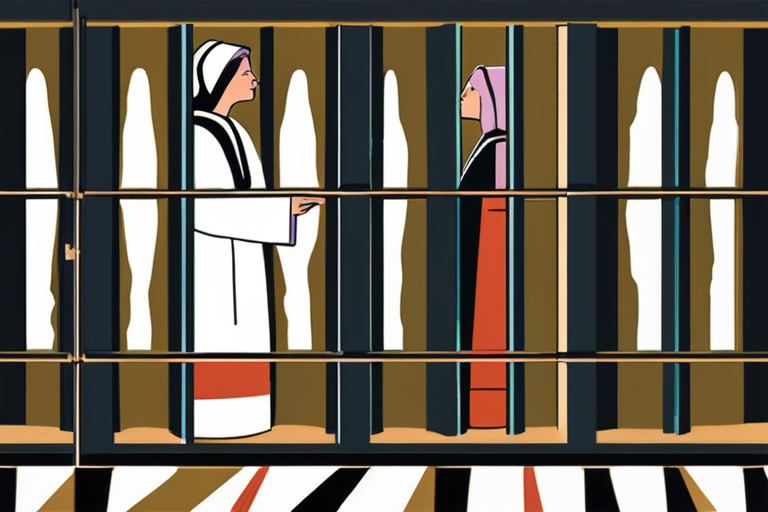
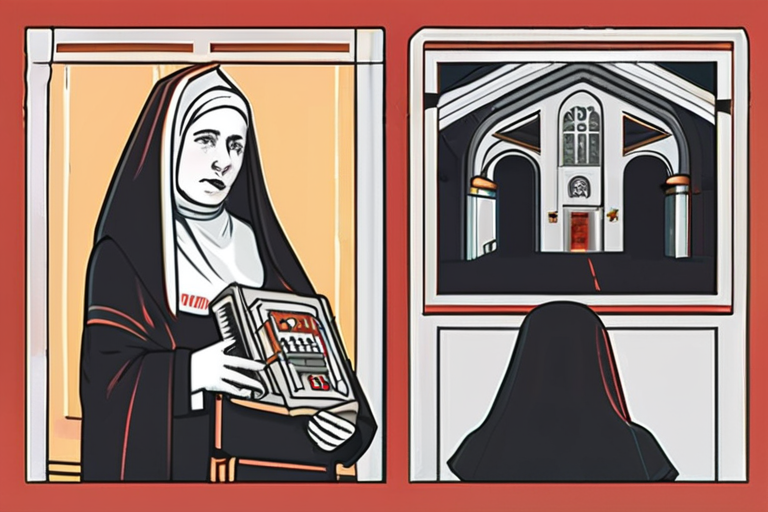
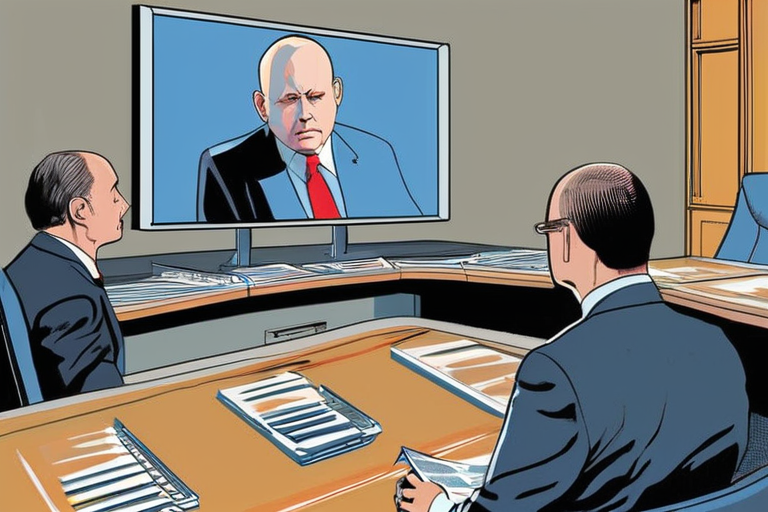
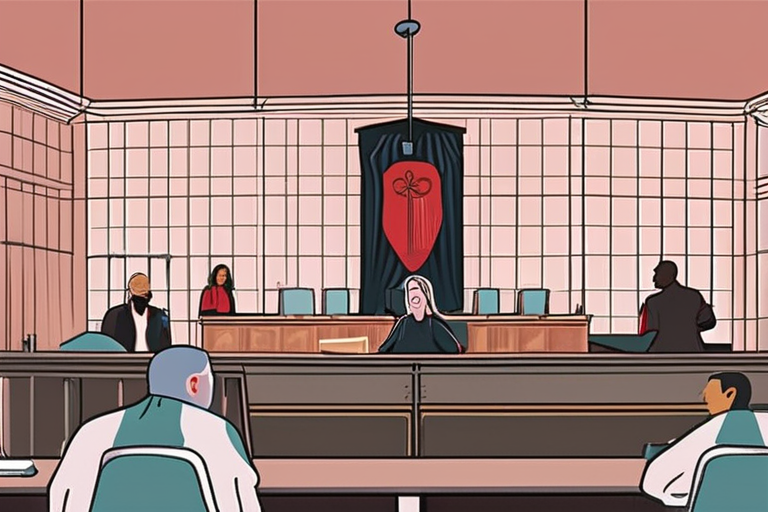
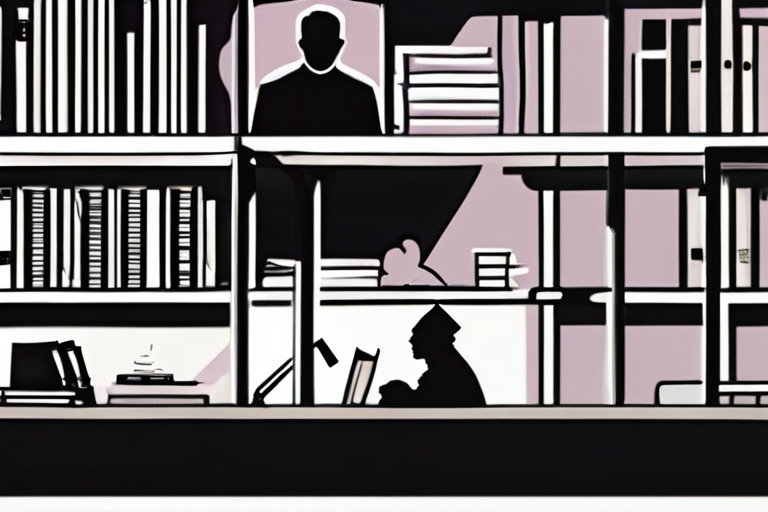

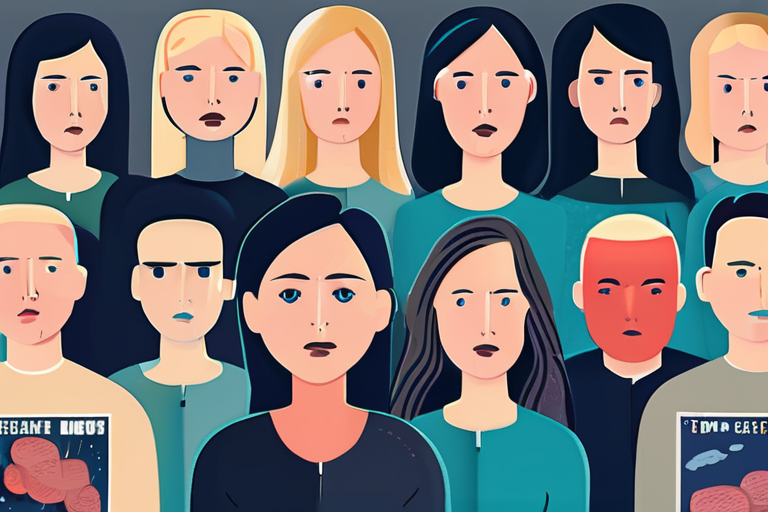
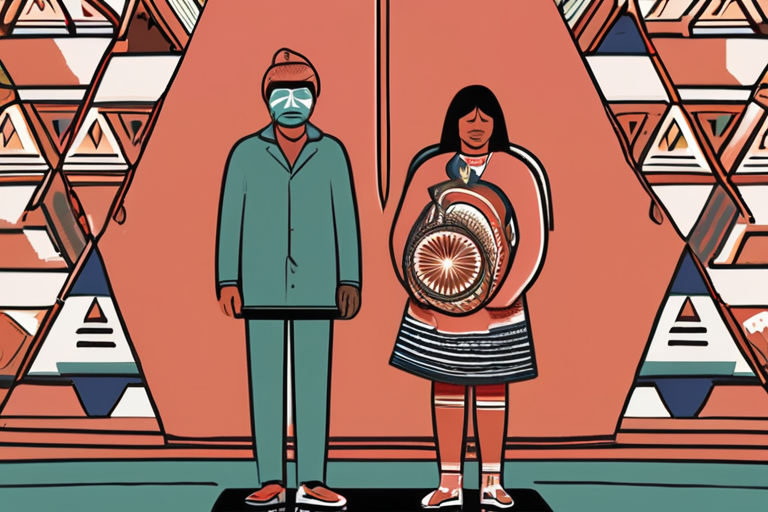
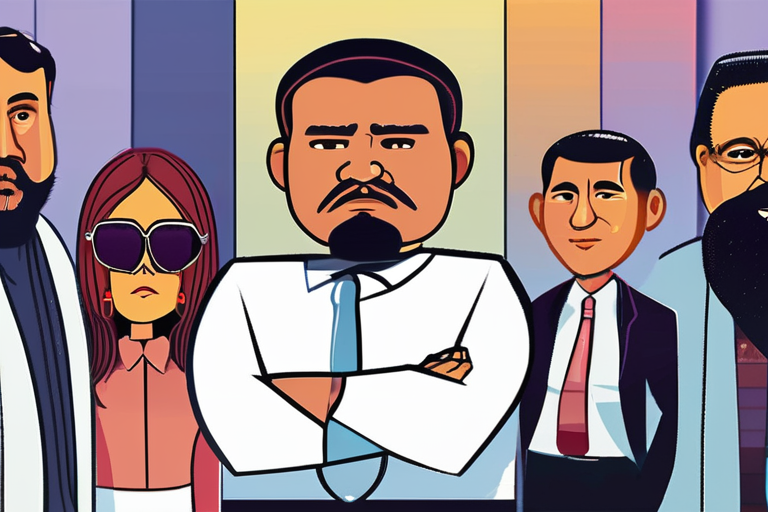


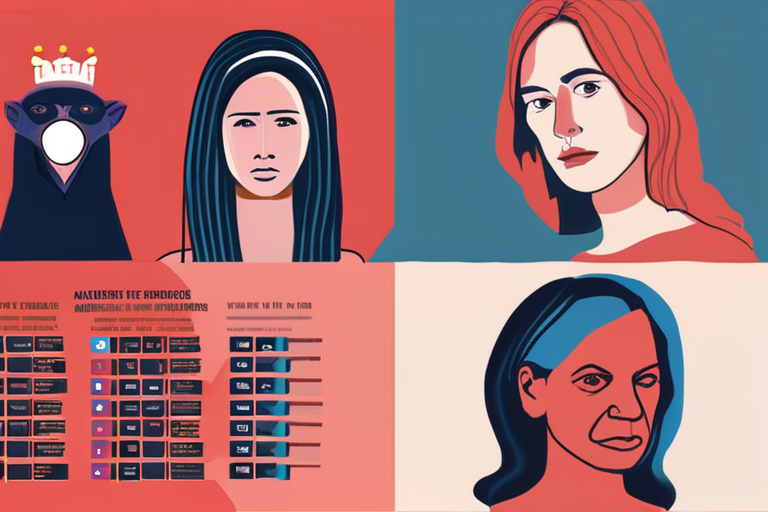

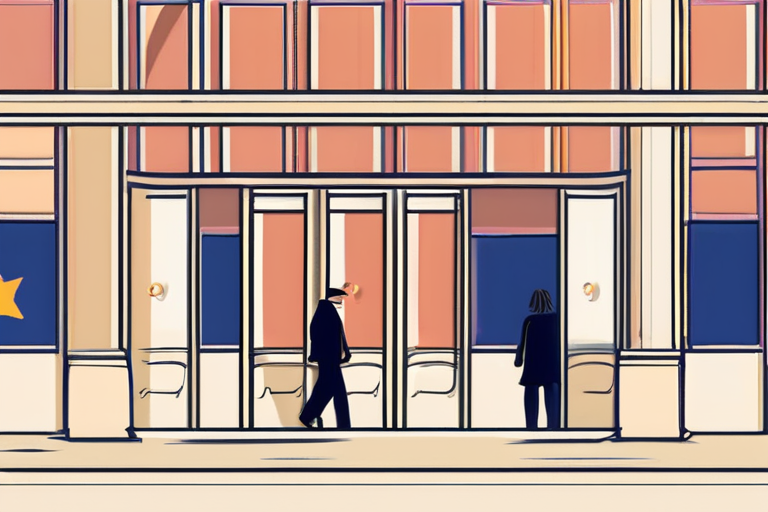
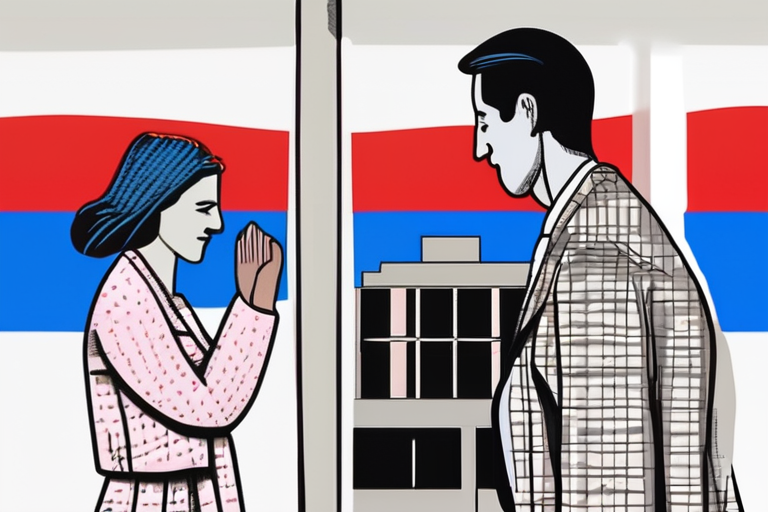
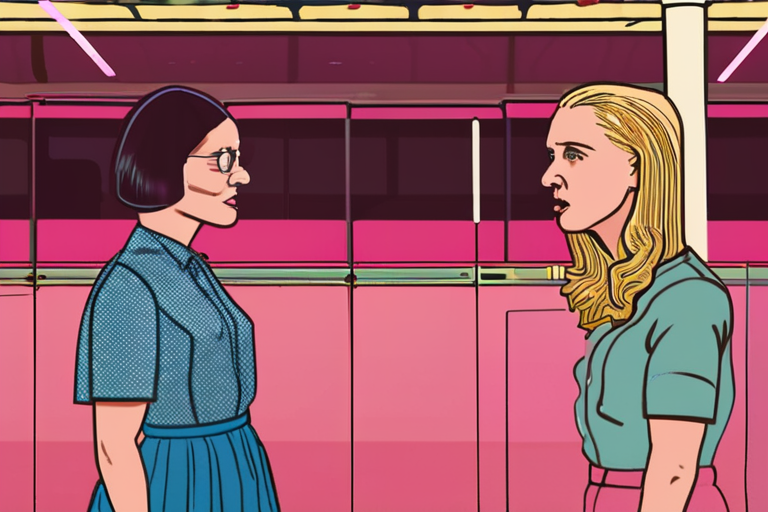
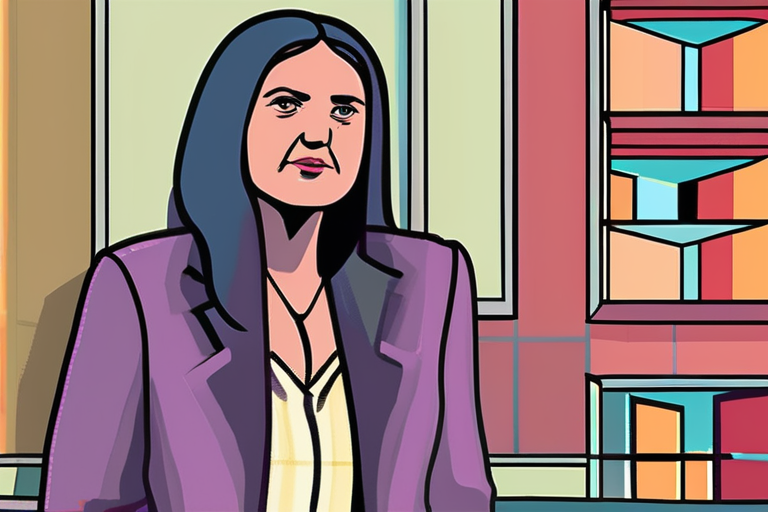
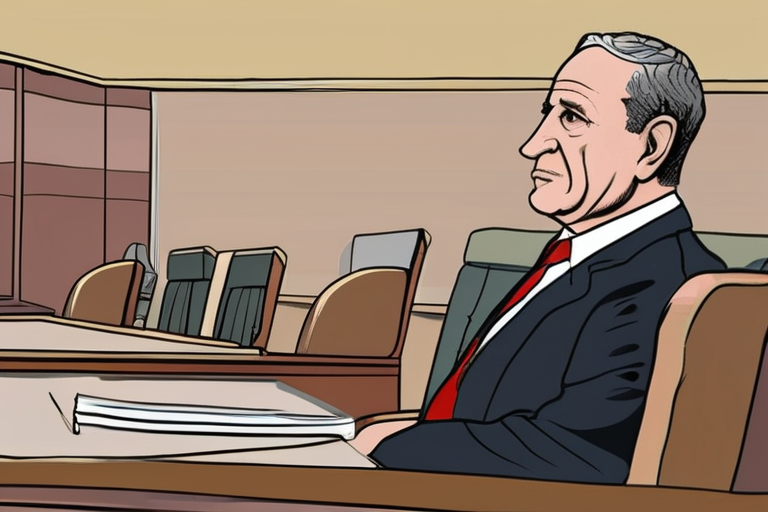
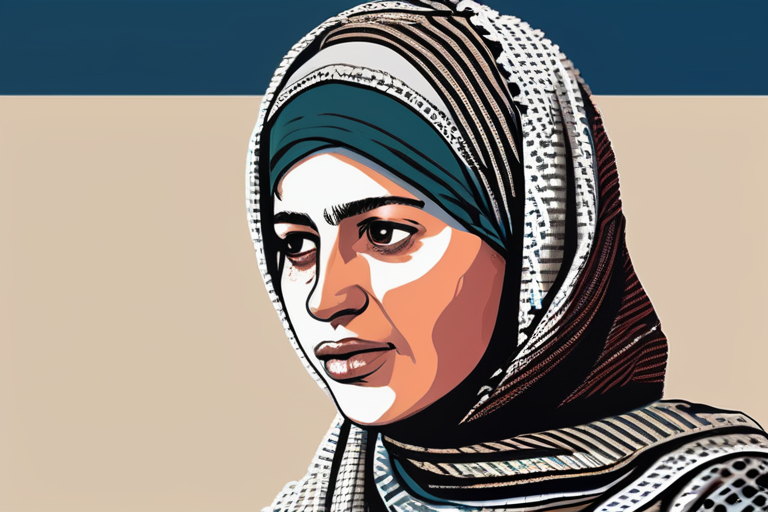
Share & Engage Share
Share this article